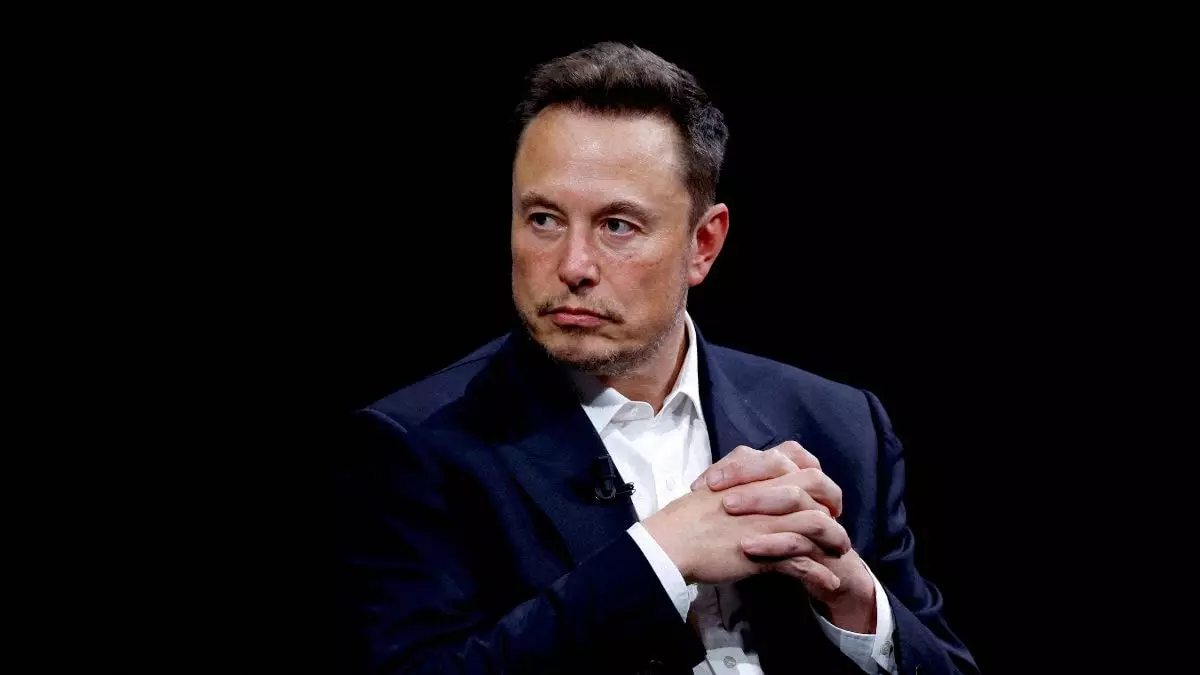Elon Musk’s recent disclosure about his AI startup, xAI, embarking on a new venture into game development has stirred excitement and speculation across the gaming community. By emphasizing his intention to create an AI-powered game studio, Musk aims to challenge the corporate domination present in the gaming industry. His comments are not just a casual announcement but reflect a deeper discontent with the current status quo, where sizable corporations seem to monopolize game development and production.
Musk’s frustration was voiced in response to software engineer Billy Markus’s critique of the gaming industry. Markus argued that the industry has become “ideologically captured,” suggesting that corporate interests have overshadowed the creativity and authenticity that independent game developers bring to the table. Musk echoed this sentiment, emphasizing the scarcity of indie developers in a landscape saturated with mega-corporations. This disenchantment resonates with many gamers who have increasingly turned to independent studios for innovative experiences, particularly in recent years.
Musk’s venture also reflects a burgeoning trend where artificial intelligence is being recognized as a transformative force within gaming. The potential of AI technologies—such as Google DeepMind’s Genie and Scalable Instructable Multiworld Agent (SIMA)—highlights a shift where games are not only created but also evolve based on player interactions. This premise opens new avenues for richer, more engaging gameplay that could redefine player experiences. Musk visualizes an AI game studio that could leverage these technologies to craft unique gaming experiences that break away from the constraints imposed by conventional gaming giants.
Musk’s critique comes at a time when significant acquisitions in the gaming industry—like Sony’s intention to buy Kadokawa and Microsoft’s recent purchase of Activision Blizzard—illustrate the growing trend of consolidation in the field. With these mergers, the unique voices and creative liberties that smaller studios offer may continue to face threats, reinforcing Musk’s argument. His proactive stance on launching an AI-focused game studio suggests that he is not passively observing this shift but instead wants to act as a disruptor in this heavily corporatized environment.
Moreover, this initiative is but a piece of Musk’s broader ambitions with xAI. Reports indicate plans for a standalone AI application drawing parallels to ChatGPT, which indicates a desire for diversification and new revenue streams. By integrating AI into gaming and beyond, Musk aims to solidify xAI’s standing as a leader at the intersection of technology and creativity.
Elon Musk’s announcement signals a pivotal point, not only for xAI but for the gaming industry as a whole. His commitment to revitalizing game development emphasizes the importance of supporting independent creators while integrating advanced AI technologies. This endeavor holds the potential to redefine gaming and challenge the existing corporate narrative that currently dominates the landscape. As the industry evolves, both players and creators alike will be watching intently to see how xAI’s approach will influence the future of gaming.


Leave a Reply